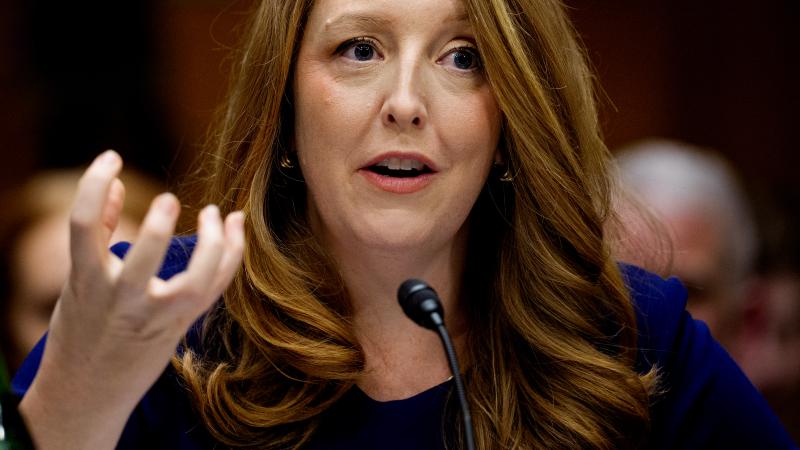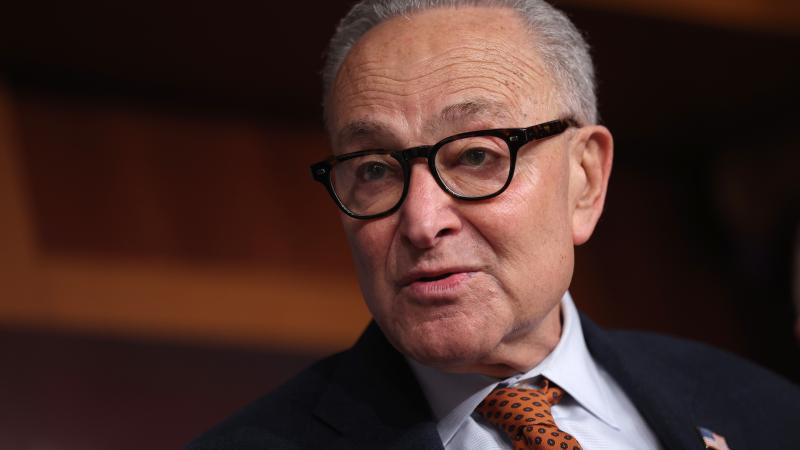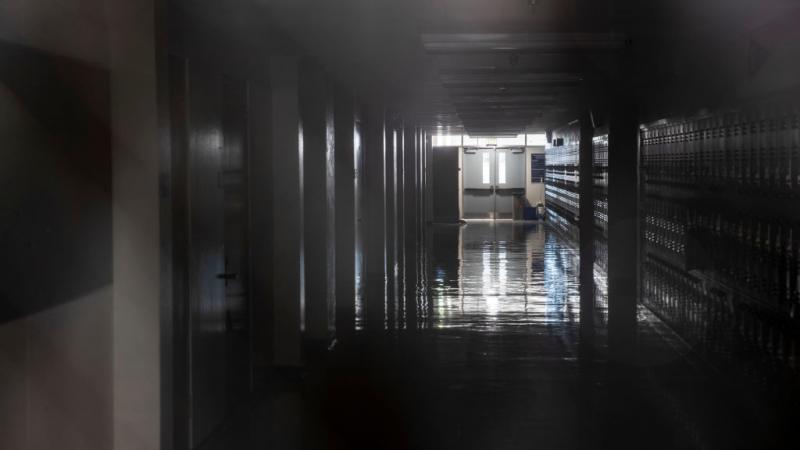Federal judge overturns New Jersey’s county ballot system
Under New Jersey's election laws, candidates nominated for primaries by local Democratic or Republican organizations are listed at the top of a ballot on a party or county line.
(The Center Square) — New Jersey's controversial party line ballot structure has been upended ahead of the upcoming Democratic primary after a federal judge ruled it likely violates the constitutional rights of political candidates.
The ruling by U.S. District Court Judge Zahid Quraish sides with plaintiffs in a lawsuit filed by U.S. Rep. Andy Kim and others who allege the county line system violates candidates' constitutional rights because office seekers who choose not to be grouped with others face an automatic disadvantage on the ballot. Kim, a Democrat, is running for a U.S. Senate seat currently held by embattled Democrat Bob Menendez.
"Plaintiffs’ evidence is sufficient to make their showing of a likelihood they will succeed in establishing that the Bracketing Structure and ballot placement is improperly influencing primary election outcomes by virtue of the layout on the primary ballots," he wrote in the 49-page ruling.
In the ruling, Quraish said he acknowledged the "magnitude" of his decision to grant a preliminary injunction, which means it will apply to the state's upcoming Democratic primary.
"The integrity of the Democratic process for primary election is at stake, and the remedy plaintiffs are seeking is extraordinary," he wrote in the 49-page ruling. "mandatory injunctive relief is reserved only for the most unusual cases plaintiffs burden on this motion is therefore particularly heavy. Nonetheless, the court finds, based on his record, that plaintiffs have met the burden and that this is the rare instance where mandatory relief is warranted."
Under New Jersey's election laws, candidates nominated for primaries by local Democratic or Republican organizations are listed at the top of a ballot on a party or county line. Critics say that gives them preferential treatment. Other candidates, including independent write-ins, are listed in other columns that are jokingly referred to as "ballot Siberia."
The ruling granting a preliminary injunction is expected to be appealed by county clerks who were named in the lawsuit. The ruling doesn't impact the state's Republican primary, which also relies on the county line system.
New Jersey Attorney General Matthew Platkin, a Democrat, announced last month that his office won't be defending the system in court, saying a legal review by his office has determined that it violates the constitutional rights of candidates running for elected office.
Kim is the presumptive Democratic nominee for U.S. Senate. First lady Tammy Murphy has dropped out of the race. Several Republicans are also running for the Senate seat.
Kim praised the court's ruling and said he was "humbled" to lead the legal effort to overturn the controversial ballot system.
"We still have obstacles and challenges ahead, but I promise you I will keep fighting to do everything I can to permanently fix our broken politics," Kim posted on social media. "We fight not just for fair elections but all other important reforms needed to heal our democracy."
Voting rights advocates who sided with Kim in the fight to dismantle the county ballot system also praised the judge's ruling, saying it would shake up the state’s powerful political machines that have used the system to elect their candidates for decades.
"Because of this ruling, county party bosses and clerks will no longer be able to unconstitutionally design ballots meant to elect favored candidates and party insiders," New Jersey Working Families Party state director Antoinette Miles said in a statement. "Candidates will now be answerable to voters at the ballot box — not corporate special interests who control the awarding of the line."
County election clerks, who oversee the ballot system, had argued that Kim's lawsuit was filed too late in the election cycle and should be rejected. But Quraish disagreed.
"The court finds that the harm plaintiffs would suffer absent an injunction well exceeds the harm that defendants would suffer should the court grant the injunction," he wrote in the ruling.
















